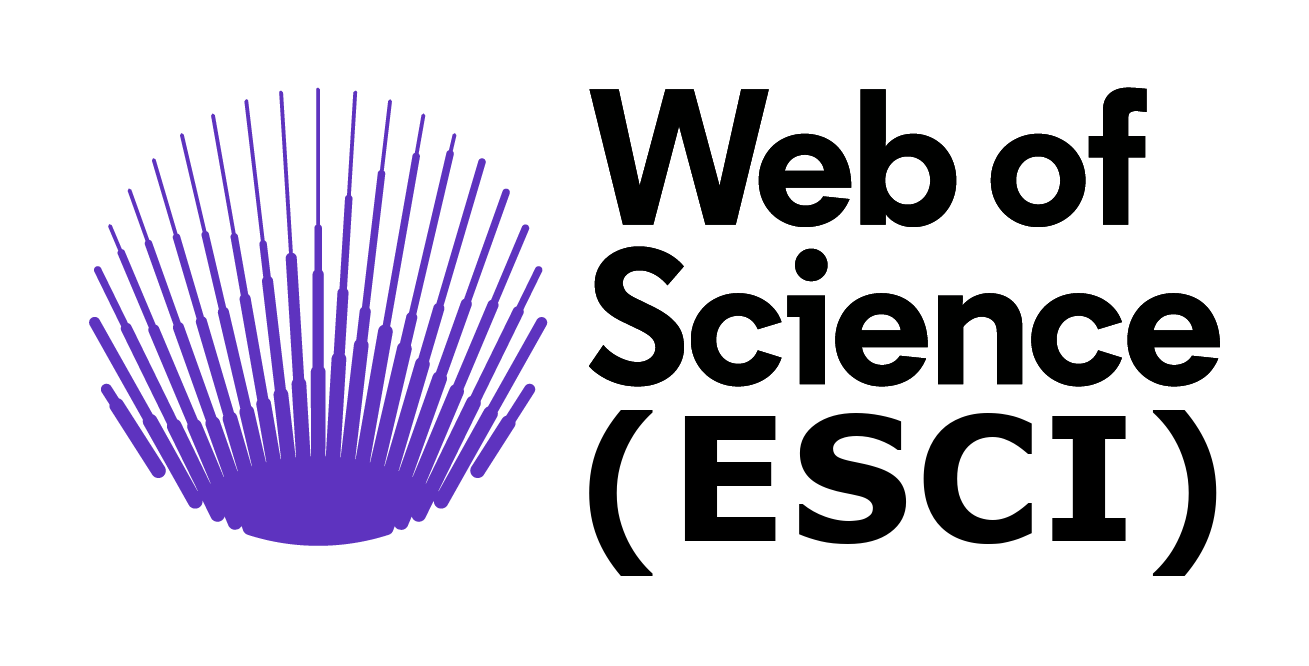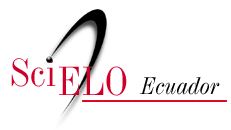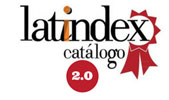Microbial diversity associated to “rice chicha”: a traditional beverage in Bolivar – Ecuador
DOI:
https://doi.org/10.29019/enfoqueute.v5n3.40Keywords:
traditional beverage, chicha, stages, microorganismsAbstract
(Received: 2014/08/01 - Accepted: 2014/09/22)
The province of Bolivar is located in the central-west region of Ecuador. The main beverages produced are spirits and chichas; among them “rice chicha”. In a first stage, samples of rice chicha (at points of sale) from different producers of this province were evaluated; microbial counts and physicochemical analyzes were performed. In the second stage, the most representative enterobacteria, lactic acid bacteria, yeasts and molds were isolated form “rice chicha” during three phases of the elaboration process: initial, fermentative and final. For all microorganisms, macroscopic and microscopic descriptions were performed. The identification of enterobacteria and lactic acid bacteria was carried out with biochemical tests, for mold a microscopic identification was applied by staining with lactophenol blue solution and for yeast the APIC AUX 20 kit was used. Count values in average were 2.7 and 2.5 log CFU / ml of total coliforms and enterobacteria, 1.8 log CFU / ml of lactic acid bacteria and 2.5 log CFU / ml for yeasts and molds. During the three fermentation phases the most representative species were partially identified: 13 strains of Enterobacteriaceae, 9 strains of lactic acid bacteria, 15 strains of mold and 6 strains of yeast.
Downloads
Published
How to Cite
Issue
Section
License
The articles and research published by the UTE University are carried out under the Open Access regime in electronic format. This means that all content is freely available without charge to the user or his/her institution. Users are allowed to read, download, copy, distribute, print, search, or link to the full texts of the articles, or use them for any other lawful purpose, without asking prior permission from the publisher or the author. This is in accordance with the BOAI definition of open access. By submitting an article to any of the scientific journals of the UTE University, the author or authors accept these conditions.
The UTE applies the Creative Commons Attribution (CC-BY) license to articles in its scientific journals. Under this open access license, as an author you agree that anyone may reuse your article in whole or in part for any purpose, free of charge, including commercial purposes. Anyone can copy, distribute or reuse the content as long as the author and original source are correctly cited. This facilitates freedom of reuse and also ensures that content can be extracted without barriers for research needs.
This work is licensed under a Creative Commons Attribution 3.0 International (CC BY 3.0).
The Enfoque UTE journal guarantees and declares that authors always retain all copyrights and full publishing rights without restrictions [© The Author(s)]. Acknowledgment (BY): Any exploitation of the work is allowed, including a commercial purpose, as well as the creation of derivative works, the distribution of which is also allowed without any restriction.























 Enfoque UTE - Facultad de Ciencias de la Ingeniería e Industrias - Universidad UTE
Enfoque UTE - Facultad de Ciencias de la Ingeniería e Industrias - Universidad UTE